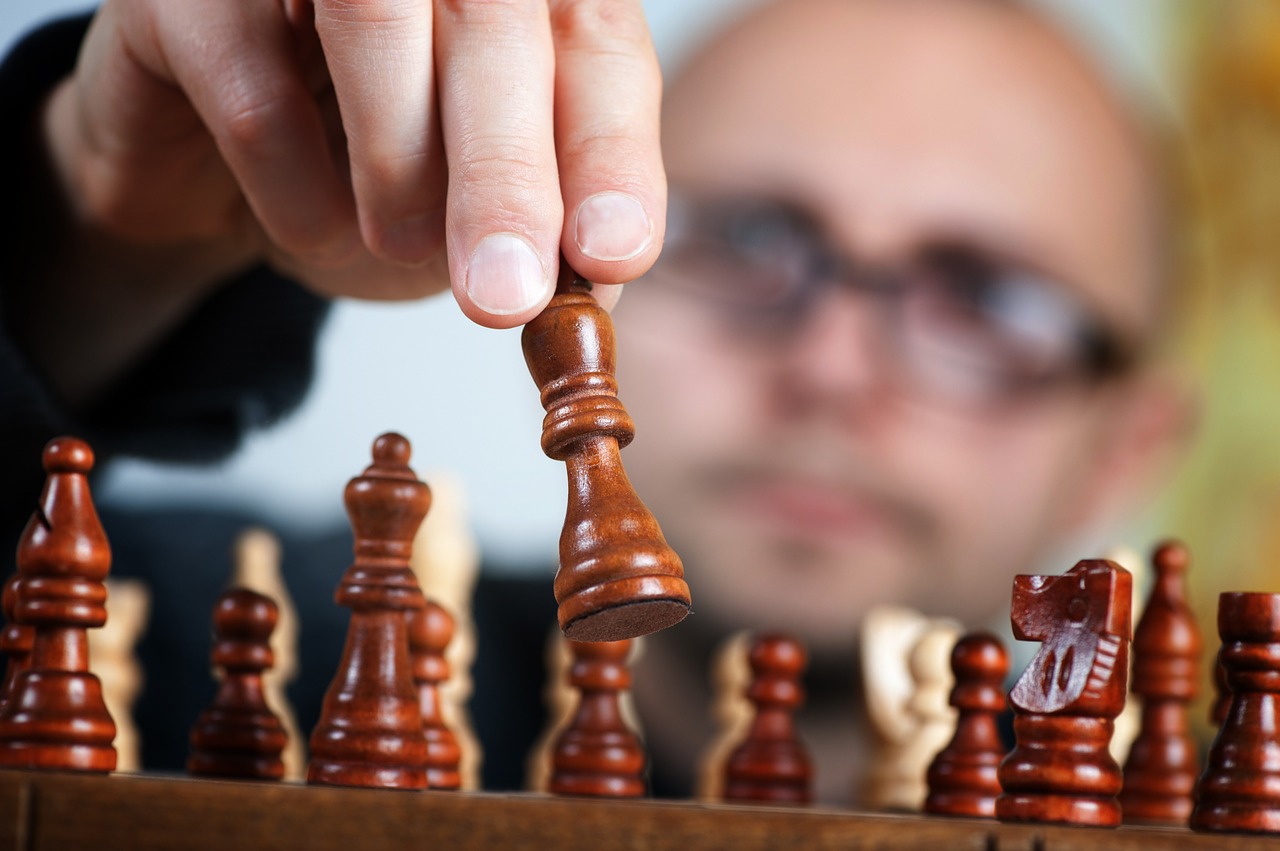
The years at school or university can be long, hard and demanding – especially when you have to deal with multiple courses and stressful exams. What many people do not consider though is the way you use your free time. Choosing the right hobby that can help you – even unintentionally – gain valuable skills that are going to help you during your studies. More than that, hobbies allow you to discover or express your passions, often while enhancing your social life through making new friends or staying in touch with old ones.
First and foremost, getting involved in sports not only helps you keep fit and it’s fun but also playing football for example can enhance your teamwork skills as well as promote the self-discipline, organisational skills and focus you need as a student. Students involved in sports are pushing themselves to their physical limits, and this in turn also boosts his academic commitment and perseverance – not to mention also the social element of sports which encourages us to perform through teamwork. As a Guardian article writes, juggling sports and studies ‘can benefit both academic and sporting performance‘, according to research published in The International Journal of the History of Sport.
But it goes beyond that: playing strategy-based games is certainly fun, but it can do way more for you. These can include chess, board games like all-time classic ‘Risk’, or even a game of poker, to which there is definitely more than meets the eye. Largely recognised as a mind sport, not unlike checkers and chess, playing poker well – whether it is online poker or a real-world tournament – requires a set of skills and qualities poker pros are renown to have, from statistics to social skills. These are transferable in the same way a student learns maths and can further apply these calculations and problem-solving to daily life. Hence, students are expected to concentrate a lot, and strategy games help develop the ability to stay focused, be patient and perform even under pressure, as it is also discussed at the Huffington Post.
Likewise, creative hobbies such as painting, crafting, theatre or photography may mainly help to escape the daily grind, but they are also able to keep us mentally active and introduce ways of thinking ‘outside the box’. These can improve how students approach coursework, using their imagination in essays for example, and keeping them open-minded in learning new skills, which can be transferred back in the classroom. For example, a person that is doing DIY crafts at his leisure time is probably acquiring skills that will help him understand better physics or chemistry.
All in all, hobbies assist to the development of a person’s character and skills, attributing accordingly to his performance at school. It shows the ability of a person to be organised and capable of managing his time appropriately and prioritise the workload in order to leave spare time for his hobby. Whether it is collecting themed items, arts, sports or more unusual pursuits, hobbies can definitely boost your performance at university.